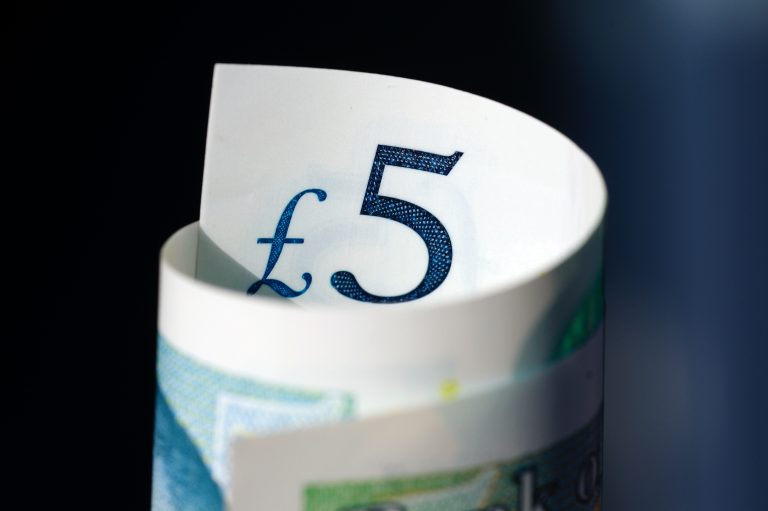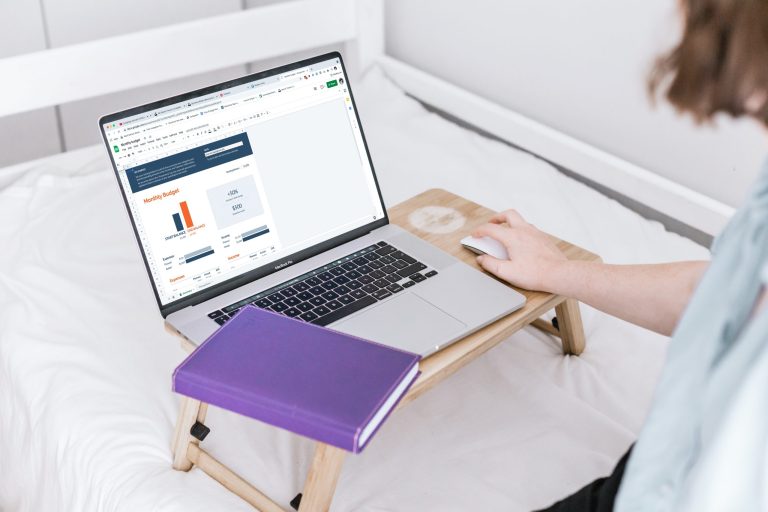Fraud occurs when someone deceives you to gain an advantage, often by stealing your information or money. It can happen through various channels such as email, mail, phone calls, text messages, WhatsApp, social media, or even in person.
Here are some of the most common types of fraud:
- Identity Theft: Stealing personal information for fraudulent purposes.
- Romance Fraud: Pretending to be in a relationship to gain financially.
- Credit and Debit Card Fraud: Unauthorised use of someone’s cards.
- Investment Fraud: Deceitful practices to induce investors to make financial decisions that result in losses.
- Prize and Lottery Fraud: Scams involving fake prize winnings.
- Fake Charities: Fraudulent organisations posing as legitimate charities.
- Debt Collection Fraud: Using deceptive practices to collect debts.
- Courier Fraud: Scammers posing as officials to collect personal information or valuables under the pretence of needing them for investigation or safety.
If you have been a victim of fraud or a scam, it is important to report it as soon as possible. Being a victim of fraud is nothing to be embarrassed about; scams can happen to anyone. Remember, you are not alone. Reporting a scam helps prevent others from being targeted and is crucial in catching the criminals.
STOP
Take a moment to stop and think before parting with your money or information. It could keep you safe.
CHALLENGE
Ask yourself, could it be fake? It’s ok to reject, refuse or ignore any requests. Only criminals will try to rush or panic you.
PROTECT
Contact your bank immediately if you think you’ve been scammed and report it to Action Fraud at actionfraud.police.uk or on 0330 123 2040.
Top tips on staying safe online
- Turn on 2-step verification or 2-factor authentication where possible.
- Use strong and separate passwords for your email and other accounts.
- Double-check any internet links before you click.
- Don’t leave your computer logged on unattended and sign out of accounts after you have used them.
- Strengthen your privacy settings on social media to ensure private information is not easily accessible.
- Only use secure public/private Wi-Fi networks or a VPN.
- When cookie requirements pop up on websites, choose only required ones.
- Keep your computer security and firewalls up to date.
- If you spot a scam or have been scammed make sure you report it and seek help.
- Always log on to a website directly rather than clicking on links in an email.
- Never send money to anyone you don’t know or trust, whether in the UK or abroad, or use methods of payment you’re not comfortable with.
- Don’t agree to offers or deals immediately. Take Five. Insist on time to get independent or legal advice before making a decision.
- Be suspicious. Especially if something seems to good to be true, it likely is. Take the time to investigate.
Top tips on staying safe on the phone
- If you don’t recognise a number or the number is withheld, be alert and don’t give out any personal information until you can confirm their identity through another outside source.
- Be aware of cold callers that pose as various trades people. They may attempt to make an appointment and gain access to your house.
- Subscribe to the free Telephone Preference Service (TPS) which is the UK’s official ‘Do Not Call’ register for landline and mobile numbers. It allows people to opt out of unsolicited marketing calls.
How to report fraud?
Action Fraud is the national reporting centre for fraud and cybercrime. You can report an incident to Action Fraud: online by clicking here, or by phoning 0300 123 2040 (Monday to Friday 8am to 8pm).
If you have been a victim of a scam you can report it to Citizen’s Advice online or over the phone. For more information on how to report it and what to do, visit their website by clicking here.
If you believe you are in immediate danger from fraud or a scam, please call 999.
Helpful resources
There are a range of websites and organisations to help you if you have been a victim of fraud, or if you simply want to be more aware of how to stay safe.
Action Fraud is the UK’s national reporting centre for fraud and cybercrime where you should report fraud if you have been scammed, defrauded or experienced cyber crime in England, Wales and Northern Ireland.
You can report fraud or cyber crime using their online reporting service any time of the day or night; the service enables you to both report a fraud and find help and support. They also provide help and advice over the phone through the Action Fraud contact centre.
Phone: 0300 123 2040
Website: https://www.actionfraud.police.uk/
159 works in the same way as 101 for the police or 111 for the NHS. It’s the number you can trust to get you through to your bank safely and securely, every time. If you think you are potentially being scammed by someone pretending to work for your bank, you can end the call and instead phone 159 providing your bank works with this scheme. For more information visit https://stopscamsuk.org.uk/159
Take Five To Stop Fraud is a national campaign offering impartial advice that helps prevent email, phone-based and online fraud and particularly where scammers impersonate trusted organisations.
They offer a quiz to test if you are clued up on the key things to look out for when considering if something is a scam. You can take the test here.
For more information about the campaign visit their website: https://www.takefive-stopfraud.org.uk/
The Metropolitan Police Service have a range of resources available on their website: https://www.met.police.uk/advice/advice-and-information/fa/fraud/personal-fraud/prevent-personal-fraud/
They have also produced The Little Book of Big Scams to help raise awareness of the types of scams which take place. You can access this by a downloadable PDF link, or by audiobook on SoundCloud.
Age UK have a range of information and resources available to help people deal with fraud. Their website offers information about an equity release scam, which has involved fraudsters wrongly using their logo and name.
You can find information on how to support someone if you think they have been a victim of a scam, alongside understanding different types of scams to be aware of: https://www.ageuk.org.uk/information-advice/money-legal/scams-fraud/
This Government campaign provides information around things to consider if you are unsure if something could be fraud. It covers information about what to look out for, how to stay safe, and how to report it if you think you have been a victim.
Visit the website here: https://stopthinkfraud.campaign.gov.uk/
Staying safe with No1 CopperPot
If you are ever unsure if you are receiving a genuine communication from No1 CopperPot Credit Union, you are welcome to speak to us directly at any time.
If you would like to discuss any concerns you can call us directly on 0161 741 3160. If you would prefer to email us, our most commonly used email address is info@no1copperpot.com.
It is always better to check first if you have any concerns, and we’re happy to help you remain safe from fraud.












